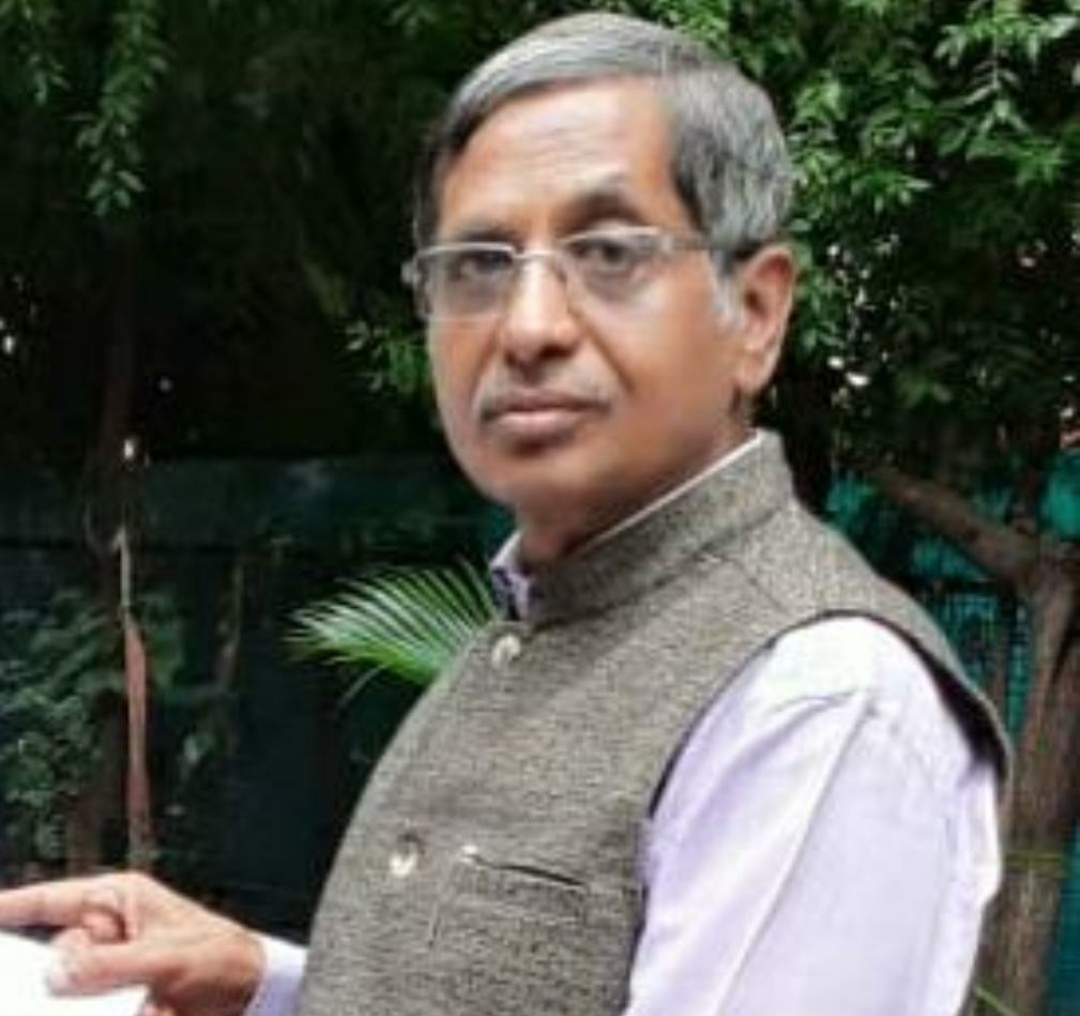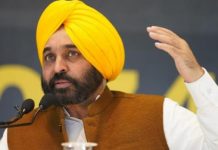 We cannot kill the coronavirus in the body as there is no antibiotic developed yet that can kill this virus. The medications available today are for symptomatic treatment, meaning that we can administer medicines to reduce severe symptoms by controlling body temperature, by reducing lung tissue inflammation or by removing cough by using expectorant. Moreover, we can force oxygen in the body through the use of ventilators. Every virus has a specific life cycle in the host body after which the virus leaves the human body. We do not have any promising medicine in our hand that can eliminate the virus.
We cannot kill the coronavirus in the body as there is no antibiotic developed yet that can kill this virus. The medications available today are for symptomatic treatment, meaning that we can administer medicines to reduce severe symptoms by controlling body temperature, by reducing lung tissue inflammation or by removing cough by using expectorant. Moreover, we can force oxygen in the body through the use of ventilators. Every virus has a specific life cycle in the host body after which the virus leaves the human body. We do not have any promising medicine in our hand that can eliminate the virus.
Furthermore, as this is a new pathogenic virus, the vaccine for the virus has not yet been developed and may at least require four to five months for its mass production. Under such circumstances, it is apparent that we will have to learn to live with this virus at least for the coming six to twelve months.
The government cannot keep on further extending the lockdown as it will severely affect our economy. Lockdown is not the answer; it only provides additional time to the government to set up its infrastructure for the fight against COVID-19.
The ‘Microbiologists Society, India’ recommends the following course of action for the people for precautions to be taken as and when the lockdown is lifted to make sure that we come of out this crisis as quickly as possible:
1. Social (Physical) distancing is one of the most crucial methods. However, given India’s population density and the general lack of awareness, ensuring strict social distancing will inevitably prove to be tricky.
2. Regular and widespread use of facemasks in social settings will undoubtedly help control the spread of the virus, as the virus transmission is mainly airborne.
3. In India, many people have the habit of spitting in public places. This, unfortunately, causes the droplets of sputum to disperse into the environment and infect others in public spaces. We need to shun this habit stringently.
4. Additionally, we need to focus on saving the lives of high-risk group people. This group includes people above 60 years of age and people with health complication like hypertension, high blood pressure and blood sugar, asthma, heart complications, kidney problems and pregnant women.Please note that diabetic person with controlled sugar is nondibetic at that moment. As many as 86% of the fatalities had conditions mentioned above. We must focus on reducing the number of deaths rather than fretting about the number of infections.
We should isolate and protect these people for coming three months either at their respective homes or in villages or in isolation centres specifically designed for that purpose. Do not allow grand children to meet grand parents. Enter in their rooms with mask on mouth and nose.Keep distance and use sanitizers while entering there rooms
5. Plasma therapy is among the potentially promising therapies for treating the virus that are being seriously considered today. Keeping this in mind, we must request recovered patients to donate blood. Plasma can be easily obtained from blood by separating RBCs and WBCs. A healthy recovered patient can donate his blood after every 15 days. A single donation of plasma can save two patients.
In this way, herd immunity can possibly be developed in the coming five to six months. We must learn to leave with coronavirus by taking these precautions.











